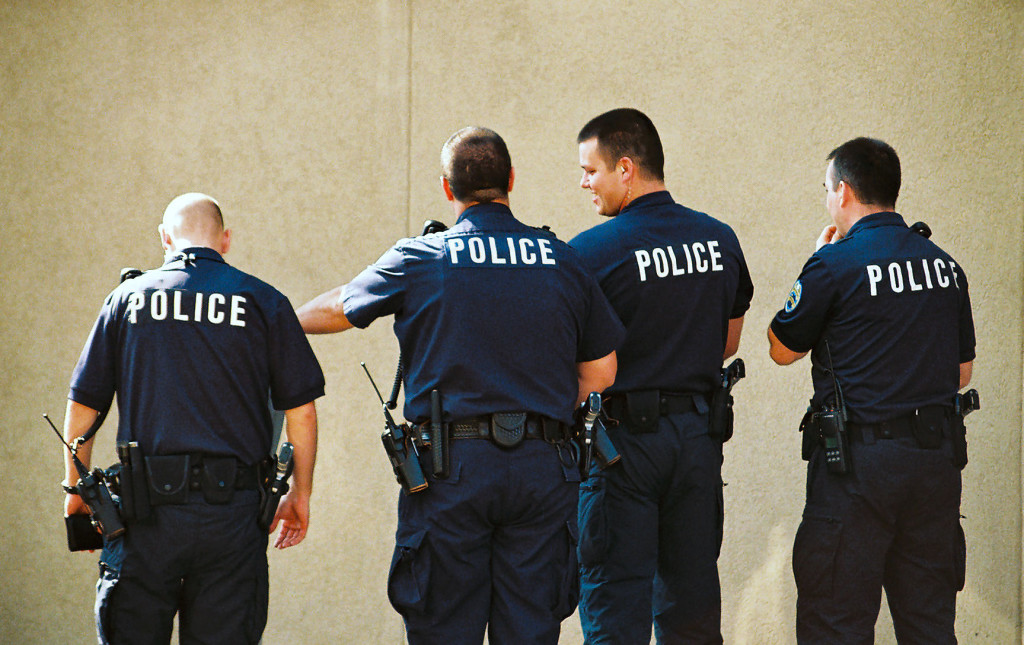 PHILADELPHIA (Washington Post) — In recent years, lower federal courts have generally held that the First Amendment protects a right to video-record (and photograph) in public places, especially when one is recording public servants such as the police.
PHILADELPHIA (Washington Post) — In recent years, lower federal courts have generally held that the First Amendment protects a right to video-record (and photograph) in public places, especially when one is recording public servants such as the police.
Because recording events that you observe in public places is important to be able to speak effectively about what you observe, courts held, the First Amendment protects such recording.
Some restrictions on such recording may be constitutional, but simply prohibiting the recording because the person is recording the police can’t be constitutional. This is the view of all the precedential federal appellate decisions that have considered the issue. (The Supreme Court hasn’t expressly considered this question.)
But Friday’s federal trial court decision in Fields v. City of Philadelphia takes a different, narrower approach: There is no constitutional right to videorecord police, the court says, when the act of recording is unaccompanied by “challenge or criticism” of the police conduct. (The court doesn’t decide whether there would be such a right if the challenge or criticism were present.)
Become a Christian News Network Supporter...


